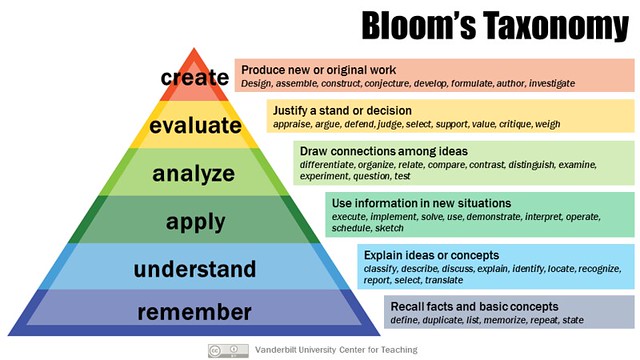Ask Better Questions
If you work or volunteer in the nonprofit world, you’ve probably heard that old-school advice: If you are going to do outreach for your charitable organization (whether you are raising money, forging new partnerships, generating good PR, etc.), you have to have an “elevator speech,” a 2-minute speech that you could give to someone in the length of time it takes you to ride in an elevator.
But, really… who wants to hear some canned, pre-packaged, memorized speech thrown at them in an elevator, at a cocktail party, at a networking event, at their kid’s soccer game, or anywhere else?
We don’t want to listen to a speech; we want to CONNECT. We don’t want to be subjected to a monologue; we want a dialogue. We don’t want to hear you talk about yourself; we want to talk about OURSELVES! Our values, our memories, and what’s meaningful to us.
I say: No more elevator speeches! Let’s have CONVERSATIONS.
Asking great questions will lead to meaningful, values-based conversations that will help you connect with others. Those connections can lead to lasting partnerships, ongoing donations, and more. You can learn to ask the kinds of questions that spark great conversations about your charitable organization.
How can questions lead to meaningful connections with your cause and your nonprofit?
When you are giving someone an elevator speech, you are telling them information, but you are not giving them an opportunity to connect with you or your cause. Great questions – ones that lead to values-based conversations – invite people to find common ground with you. When you find common ground, that one conversation can lead to many conversations.
It’s an almost universal truth that people love to talk about themselves – so give them the opportunity to do so! Letting people share their memories, opinions, and values makes them feel excited, nostalgic, or challenged (in a good way).
What is a “good question”?
All questions are not created equal. Some questions simply probe for basic information, while others encourage deeper, values-based thinking. Bloom’s Taxonomy is a model that is well-known in educator circles, a way of structuring questions that encourage students to think at “higher levels.” Memorizing the levels of Bloom’s Taxonomy isn’t important – what matters is understanding the kinds of questions you can ask. At the lower levels, you ask someone to remember, define, or explain things. Higher level questions ask people to interpret information, or compare and contrast. The next higher level of questions ask someone to critique something or make a judgement. The highest level of questions asks people to create something new.
For example, if you are trying to raise money for a nonprofit summer camp:
- Initial questions – remember or understand: Did you go to summer camp? Do your kids go to summer camp?
- Higher level – explain: What kinds of activities to did you enjoy at your summer camp?
- Higher level – compare and contrast: What makes your kids’ summer camp different from other summer camps you could have chosen? How is what your kids are learning at camp different from what they are learning in school? How is your kids’ summer camp experience different from your own summers when you were growing up?
- Higher level- critique or judge: What was your favorite thing at camp? What was your least favorite thing? What is the most important thing your kids are learning at camp?
- Highest level – creating something new: If you could create an ideal summer camp, what would that look like? What if everyone in our community could afford to go to summer camp – how would the community change?
These kinds of questions can be applied to any cause or nonprofit organization. For example, if you are talking to a potential donor about environmental organization, a charity that safeguards our rivers and streams, you can ask:
Do you like to kayak or go fishing? How do you and your family spend time out on the water? What’s your favorite memory of being out on the water? Have the rivers in our community changed over the years? How are people using our waterways? How is kayaking different here than in more urban areas, or more rural areas? Do you think our community is doing enough to keep our rivers clean? Why do you think our shoreline has changed? How could we get more young people out on the water, and then get them to care about keeping our rivers clean and safe?
Create Authentic Connections
If you can create authentic connections, you will build lasting partnerships and committed donors to your nonprofit. A pre-written, canned elevator speech is unlikely to get you there. Ask questions that create connections, and you’ll be on your way!
Don’t miss out on new ideas and great tips on fundraising, leadership, writing, philanthropy, and lots of related topics. Join the PITCH list to get Lauren’s monthly newsletter delivered straight to your inbox, and get a free gift when you sign up!

